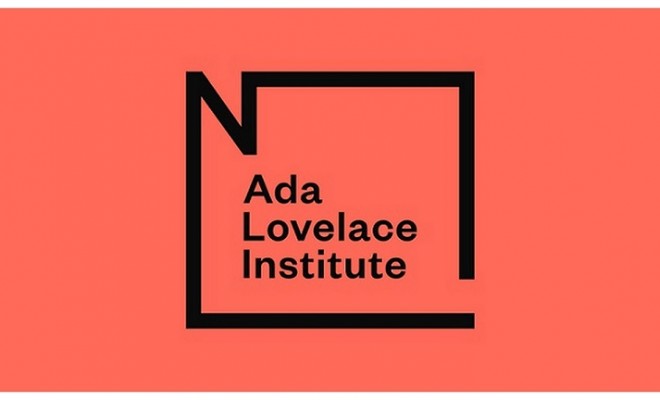
Can computers surprise us?
Why Lady Lovelace’s ‘originality insight’ matters for today’s ‘learning machines’
We have devised machines that help us keep track of time, cultivate the earth, mend our bodies, survey the skies… the list goes on. Some aim to overcome specific physical limitations; other machines are designed to entertain. Many do both. Most have had a profound impact on our understanding of the world, and the role we can play within it. None more so than one of our more recent inventions: computers.
In that context, to ask whether computers are able to ‘take us by surprise’ may sound like a redundant question. When raised by Alan Turing in 1950,2 nobody was in a position to predict the depth and extent of the sociocultural upheavals brought about by their near-universal use today. Yet this historical upheaval is not what Turing has in mind when he floats the ‘computers cannot take us by surprise’ hypothesis, only to dismiss it as unsubstantiated. Turing observes that computers do take him by surprise all the time, given their ability to fill the gaps in his incomplete calculations.
Συνέχεια ανάγνωσης εδώ
Πηγή: adalovelaceinstitute.org



